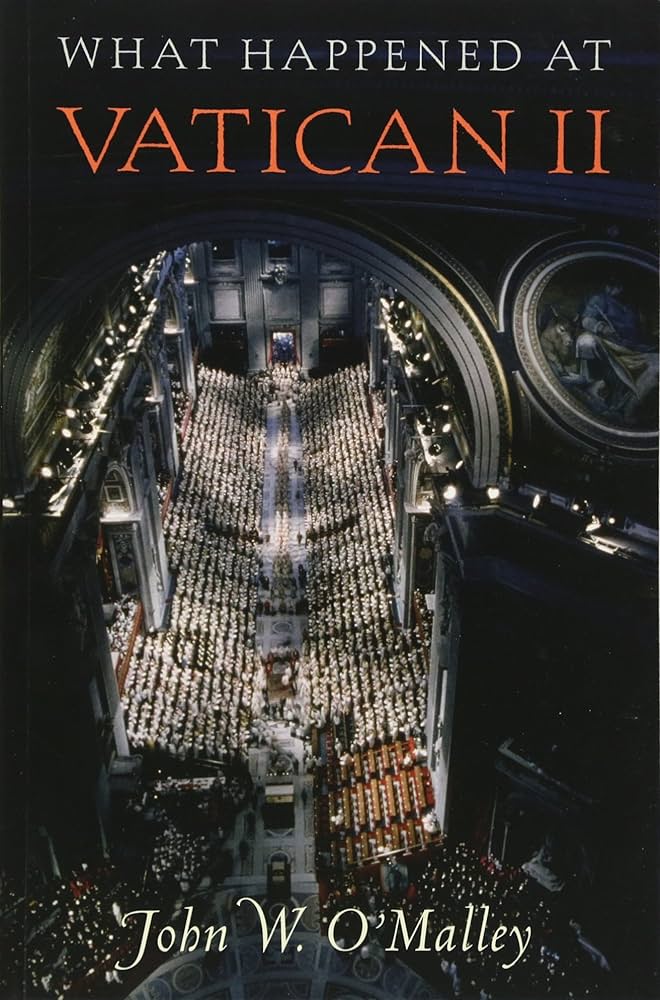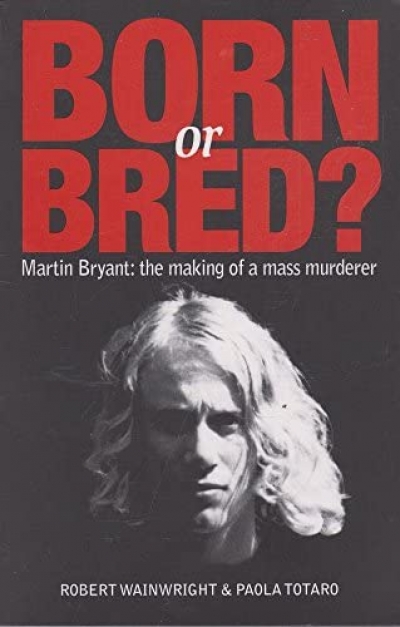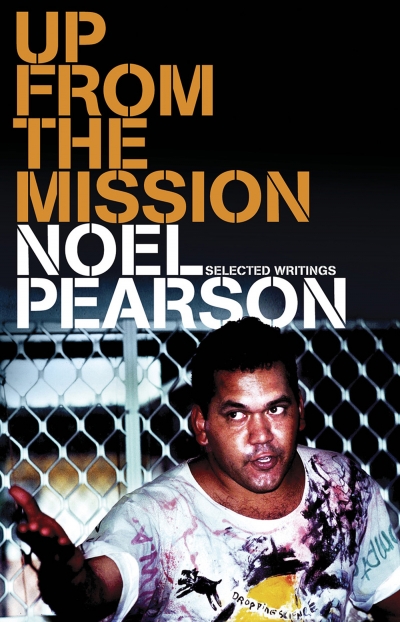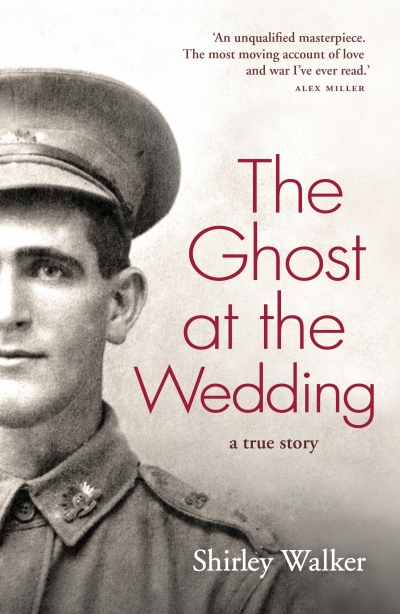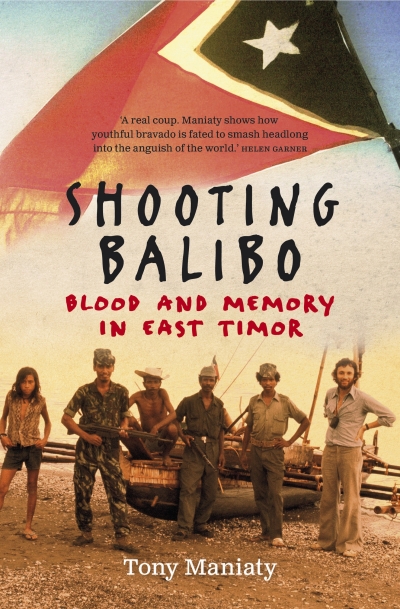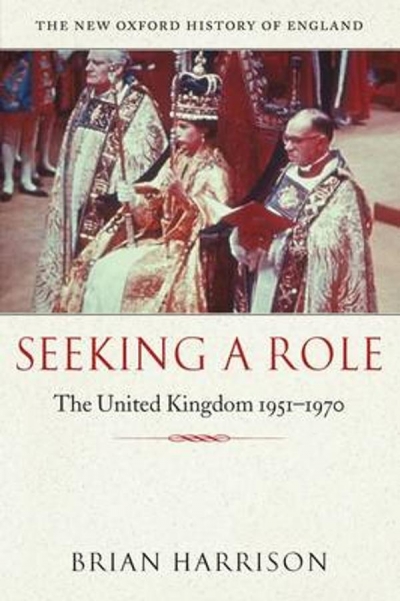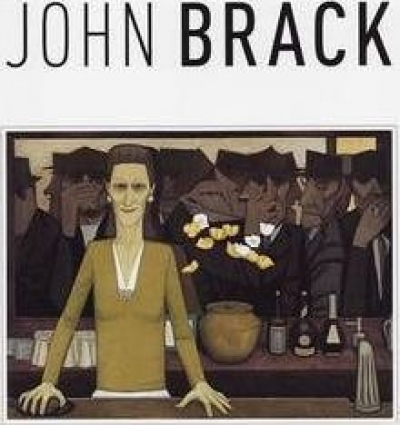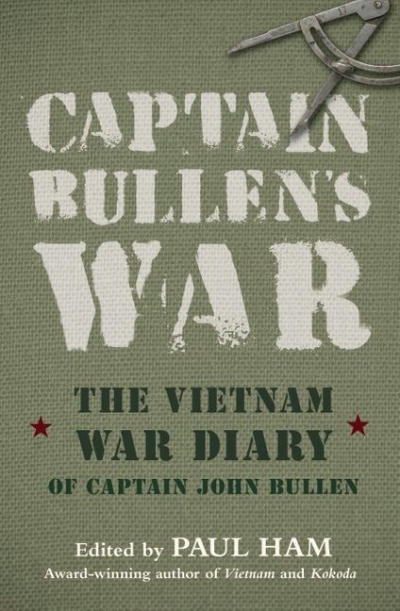Non Fiction
The Outsider: A Portrait of Ursula Hoff by Colin Holden
At first glance, the life of an art historian, often depressed in the latter decades of her life, might not yield a compelling book. But Colin Holden’s perusal of Ursula Hoff’s previously unknown diaries has produced a passionate and valuable portrayal of a scholar wrestling with the challenge of buying works of art for the National Gallery of Victoria, in London. The biography is based on Hoff’s diaries, still owned by her estate, and not yet in the public domain.
... (read more)Unparalleled Sorrow: Finding my way back from depression by Barry Dickins
This is the same Barry Dickins who used to write a column for the religion section of The Melbourne Times. The religion section dealt with football, and Dickins covered the waxing and mostly waning fortunes of the Fitzroy Lions, who were long ago squeezed into amalgamation with Brisbane. Brisbane was never an inner suburb of Melbourne, a sore point with followers, many of whom wore black to the game. They looked like mourners. Dickins alone could describe all the griefs that held them together. He was and is an unparalleled celebrant of sorrow. He is the bloke you want to be around when you need jokes for a funeral.
... (read more)What Happened at Vatican II by John W. O’Malley & Keepers of the Keys of Heaven by Roger Collins
Popes have long been wary of Church Councils, seeing them as possible rivals to their claim to absolute authority. When the Council of Constance met in 1414, there were three contending popes, each elected by a set of cardinals, and each with political support across Europe. At its end, two had been deposed, and the third, Gregory XII, having been recognised as pope, agreed to resign. A commission of Cardinals and others appointed by the Council then elected a new pope, Martin V, in 1417. Constance also decreed that the pope was to convene councils on a regular basis. Martin conformed for a time, but the practice soon fell away. Popes have preferred to govern alone, with the help of the Roman Curia.
... (read more)Born or Bred?: Martin Bryant: The making of a mass murderer by Robert Wainwright and Paola Totaro
Robert Wainwright and Paola Totaro’s Born or Bred? Martin Bryant: The Making of a Mass Murderer is a tendentious and poorly written book about a fascinating topic. Riddled with clichés and full of baseless speculation, it displays neither great sensitivity nor penetrating insight. Despite the important subject matter, Wainwright and Totaro have written a shallow and dubious book.
... (read more)Up from the Mission is a powerhouse of a book. One would expect no less from Noel Pearson. This collection of thirty-eight essays combines to provide multiple overarching narratives: Pearson’s personal trajectory from the mission on Cape York, where he grew up; his intellectual development; and his political efforts at regional and national levels to redevelop Cape York communities and to influence the nation. The writings date from 1987 to 2009, from his first essay as a radical graduate student to his latest pronouncements.
... (read more)The Ghost at the Wedding: A true story by Shirley Walker
Some stories deserve to be told more than once. Retold, they cannot be the same. Even when the teller is the same person, the shift in time and experience will make the story new. In The Ghost at the Wedding, Shirley Walker returns to the material of her autobiography, Roundabout at Bangalow (2001), in order to focus more closely on the saddest and most powerful memories therein: those of the young men of her family who served in two world wars.
... (read more)Shooting Balibo: Blood and memory in East Timor by Tony Maniaty
Thirty-four years after the former colony of Portuguese Timor experienced the horrors of invasion by the Indonesian army, the story of the killing of the five television journalists known as the Balibo Five – a persistent subtext of that history – has found new life in the forthcoming feature film Balibo, directed by Arenafilm’s Robert Connolly. In reviewing Tony Maniaty’s related book, I must declare a vested interest: his book Shooting Balibo: Blood and Memory in East Timor has appeared on bookshelves two months earlier than a book of my own, on which that film is based.
... (read more)Seeking A Role: The United Kingdom 1951–1970 by Brian Harrison
The sixteen volumes of The Oxford History of England provided the authoritative synthesis of English history for two generations of students. A few volumes of this reminder of my undergraduate days, some still in their austere pale blue dustcovers, sit on my bookshelves. The first volume, Roman Britain and the English Settlements, was published in 1936, and the series was completed thirty years later with the publication of A.J.P. Taylor’s path-breaking English History 1914–1945.
... (read more)John Brack (1920–99) is one of the most remarkable of Australian painters, and a salient figure in the generation that included Arthur Boyd, Fred Williams, John Perceval, Leonard French, and John Olsen, of whom only two survive. Many viewers would see him as the imagination that made our suburbs viable as art; others have been in two minds about his clarity and perfectionism. Hard edges can make for tough responses.
... (read more)Captain Bullen’s War: The Vietnam War diary of Captain John Bullen edited by Paul Ham
Too many specific years in the twentieth century were said to be ‘pivotal’, but 1968 was clearly a standout. In the United States, Martin Luther King and Bobby Kennedy were assassinated; there were student protests in Paris; and Russian tanks signalled the end of the ‘Prague Spring’. In January 1968, on the other side of the world, in an area once known as French Indochina, the army of the National Liberation Front (the Vietcong) invaded the imperial city, Hué, and all other major cities in South Vietnam. This was the infamous Tet Offensive.
... (read more)


